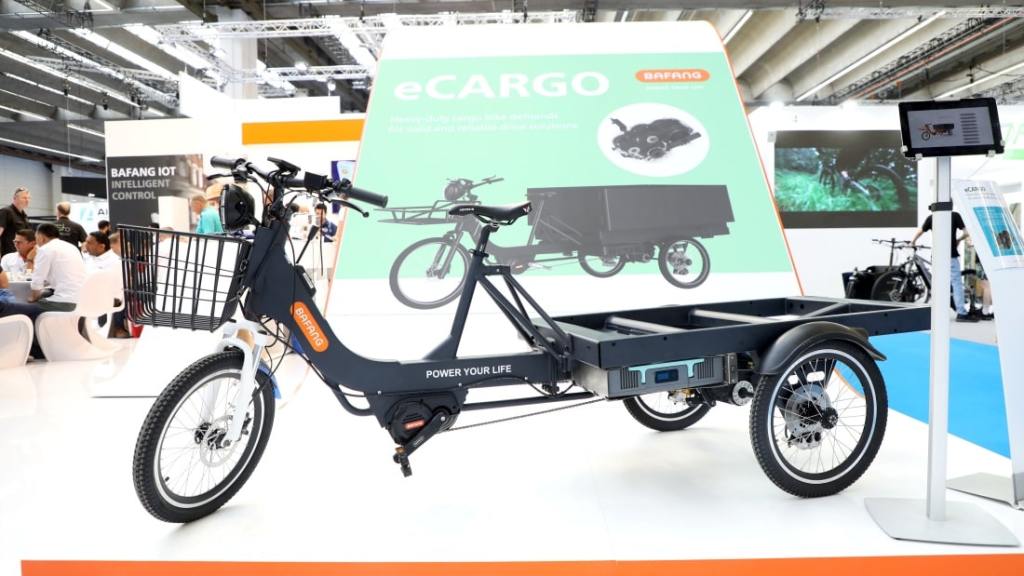Ireland announces increase in Cargo Bike support under Bike to Work scheme
Comments Off on Ireland announces increase in Cargo Bike support under Bike to Work schemeSource: Gov.ie
Minister for Transport Eamon Ryan has welcomed the decision to include a new higher limit for Cargo Bikes in the revised Bike to Work Scheme announced this month as part of the Finance Bill.
The updated scheme sees a subsidy increase to €3,000 for Cargo Bikes – in recognition of their higher initial cost. Previously the available limit was linked to that available for bicycles (€1,250) and electric-assist bicycles (€1,500). Therefore, support for Cargo Bike purchases has now been doubled.
Minister Ryan shared, “This increase will help make cargo bikes more affordable for those choosing to purchase a new bike under the bike-to-work scheme. Cargo bikes have become more popular in recent years with many people using them to bring their kids to school, for shopping and for work purposes as delivery vehicles. The cost factor, however, is an impediment to many people who may want to buy one. We hope that by increasing the limits for cargo bikes, more people will be able to choose them as a more sustainable way to get around.
“We also need to see our courier and delivery companies moving at a faster pace from vans and trucks to cargo bikes and we are looking at ways of supporting this transformation, specifically for the last mile element of their deliveries.
“The coming years will see a re-allocation of road space away from private vehicles towards public transport and space for people walking and cycling and cargo bikes will play a large part in how we use our roads. I look forward to seeing many more cargo bikes on our roads over the coming years, helped by this decision today to make them more affordable.”
The Bike to Work Scheme aims to encourage the public to cycle to and from work. The initiative allows employees to give part of their salary for a bicycle and/or safety equipment, which should be used primarily for travelling to and from work. The purchase is not taxable benefit-in-kind and can be made in any shop.







